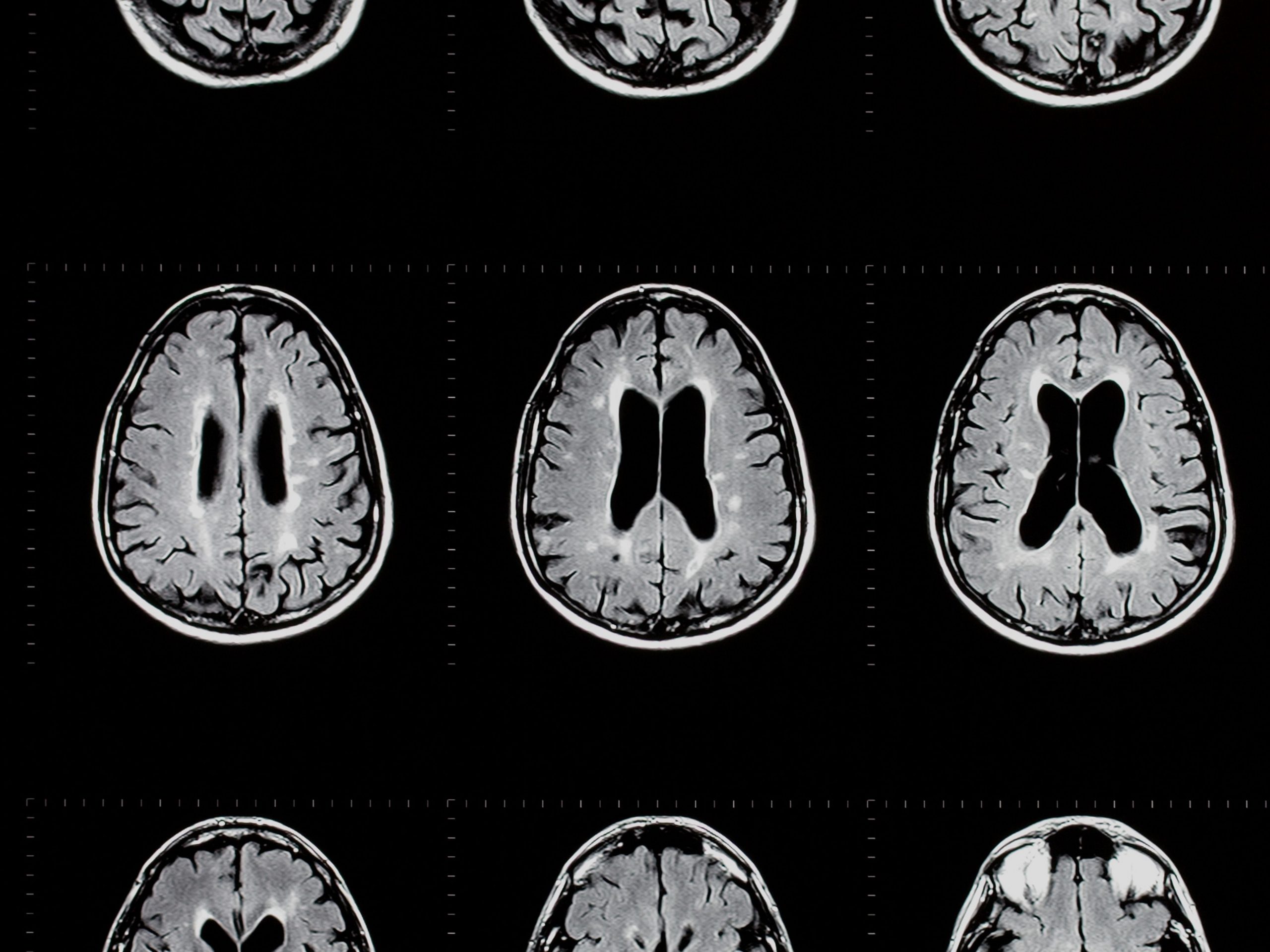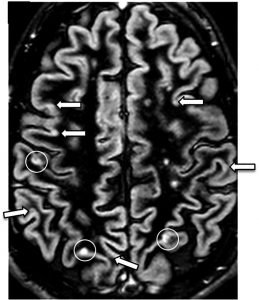Background to Multiple Sclerosis
Pain Management for Multiple Sclerosis comes in different forms. There is no best method for treatment. This is because it is often related to individual needs.
If you have lived with MS the symptoms may be all too familiar. However, this week is MS awareness week. As such, for those less familiar with it, it is important to highlight possible early signs of the condition.
These include blurred or double vision, stiffness or spasms in your muscles. Fatigue, dizziness or vertigo can also be indicators. But that’s not all.
Other signs include tingling or numbness, especially in the arms legs or fingers. As well as irritability, mood swings, bladder or bowel problems or even memory issues.
It goes without saying that it can be an extremely debilitating disorder. But what is it? And what can be done to help?
What is MS?
MS occurs when your immune system works against you. Your nerve fibres are integral in sending messages around the body. They are protected by a fatty material called myelin.
With MS, myelin is compromised by the immune system. When this happens your brain can no longer send messages around the body as effectively.
The condition can vary from mild to severe. It is often long-lasting. And it affects vital areas such as the brain, spinal cord or optical nerves.
Pain Management for Multiple Sclerosis
Unfortunately, there is no known cure for MS. There is no easy way to diagnose it either. It is often diagnosed only after other conditions are ruled out. The type of pain management you will need relates to which symptoms manifest the most.
In some cases, steroid tablets or injections are recommended. Your GP may also prescribe specific medications. Especially if you have severe muscle spasms. Sadly, both can come with unpleasant side-effects.
MS can often have an emotional or psychological impact. In these instances, CBT (Cognitive Behavioural Therapy) or Clinical Psychotherapy is often recommended.
For relieving some MS symptoms exercise can help. There was a time when MS sufferers were warned off exercise. In fact, opinion on this has since changed.
On the whole, regular and moderate exercise can be beneficial. Carefully guided exercise can help regulate bowel and bladder problems. It may also help combat fatigue and depression associated with MS.
How massage and osteopathy help
MS can cause stress to your muscles and joints. Massage and Osteopathy can both help relieve these musculoskeletal problems.
Spacisity (abnormal increase in muscle tone or stiffness of the muscle) caused by MS can cause muscles to become stiff. Massage is a great way to help relax and elongate the muscles. Moreover, it will help improve your flexibility and mobility. It is also a great way to reduce stress. All of which can significantly reduce pain.
In addition, Osteopathy can be a great help. Myofascial release can help restore movement and mobility in restricted joints and muscles. Furthermore, cranial osteopathy can be instrumental in tackling problems of blurred vision.
In some instances, a combination of the two therapies can be very effective.
A final word
MS can be a complicated condition to understand. It is important to seek expert advice from a medical practitioner. Once you have a clear understanding of the condition, we will be happy to help with your pain management needs.
We hope this information is useful for you. If you need advice or have any questions about our treatments, please contact us. You can find us in Mill Hill Broadway and Islington. We are always happy to help. If you like this blog, please share!




